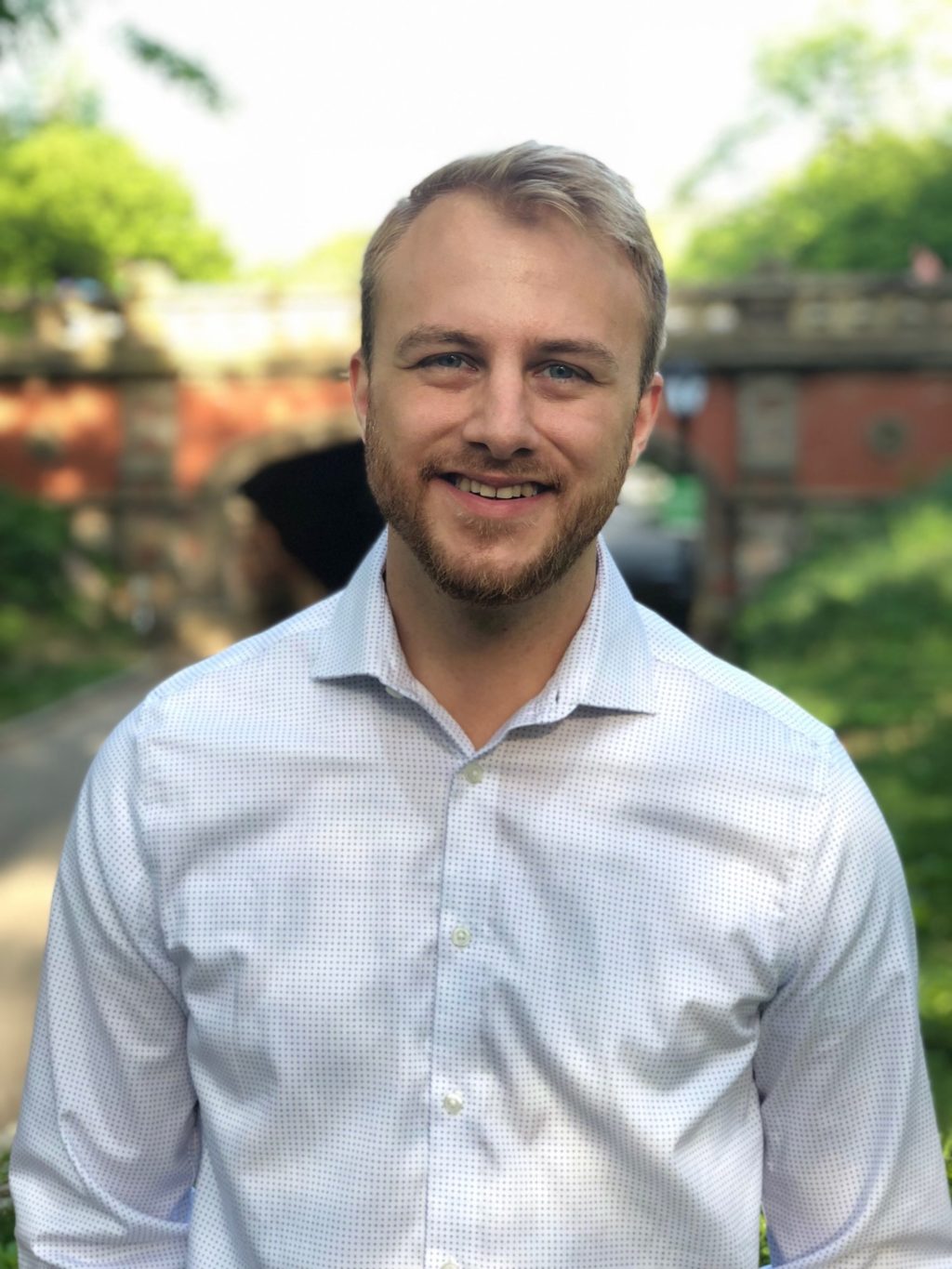Chasing Meaning Over Money with Chris Bailey
In 2016, Chris Bailey, BCom/13, saw years of work come together when his book, the Productivity Project, was published. His second book, Hyperfocus, was released in August 2018.

When Chris graduated from Sprott, he had two full-time job offers. He had chosen Sprott because of the co-op program, which in turn led to great networking opportunities and the job offers. He turned down both jobs.
“I looked at the opportunities in front of me and instead of chasing money, I chased meaning. What was meaningful to me at the time was exploring productivity. And not productivity in the cold corporate sense of just becoming more efficient, but rather in accomplishing what we set out to do,” Chris explained.
He started a blog called A Year of Productivity (now called A Life of Productivity), where he wrote about the experiments he conducted on himself to try to become as productive as possible. These experiments ranged from living in total isolation for 10 days, to meditating for 35 hours a week. Chris expressed that at first, his blog did not get a lot of views, but as time went on, the audience blossomed and led to a book deal with Penguin Random House.
Around the launch of his first book, the Productivity Project, Chris came back to Carleton as the presenter at the Sprott Topics Speakers Series. He said it was fun returning to Carleton and sharing some of his productivity tips. These tips included single tasking, and every morning writing down three intentions to accomplish that day.
His new book Hyperfocus, is about how to better manage your attention. Chris said the research shows most people can only focus for 40 seconds before they get distracted.
“If we’re distracted moment to moment to moment, we’re going to live a distracted life because it’s our moments that accumulate to create a life. But if we feel at ease and calm and not distracted, moment by moment, we can really give ourselves to what we’re working on, to what we’re spending time on, whether that’s a conversation with our partner or whether that’s an article that we happen to be writing,” Chris shared.
“So I think this idea of our attention has never been more important, and it’s then a thrill to look at hundreds of studies and interview dozens of experts for this book to disseminate their findings and share them with the world.”
Chris refers to himself as an “accidental entrepreneur.” With a strong risk aversion and love for consistency in life, Chris said he had to develop the entrepreneurial mindset out of necessity.
“I’ve been fortunate I could turn it into a full-time gig, where I can write books and give talks around the world on these ideas. So that’s what I do with it. I think it was Sprott that set me up for what I do now,” said Chris, who also mentioned that Sprott helped him navigate media relations, promotions and networking when he started this project after graduation.
“I don’t think networks in our work have ever been more important than they are today. Because when we do knowledge work for a living, knowledge resides in the mind of other people. So by connecting people we can connect ideas and we can build upon our careers,” said Chris.
In Chris’s own career, he is fully focused on his upcoming book tour right now. He prefers to focus on upcoming projects rather than rather than making long-term plans himself.
“As a rule I don’t like to plan my career more than a year out. I have strong opinions about this, because I think if you know exactly where you’re going to be in five years, either your work isn’t interesting enough, or you’re not accounting for the risk that is embedded within the work that you do,” Chris expressed. “There are entire professions in industries that exist today that didn’t exist five years ago. I’m always looking into that immediate horizon and focusing on projects rather than these longer term goals for where I want to go.”